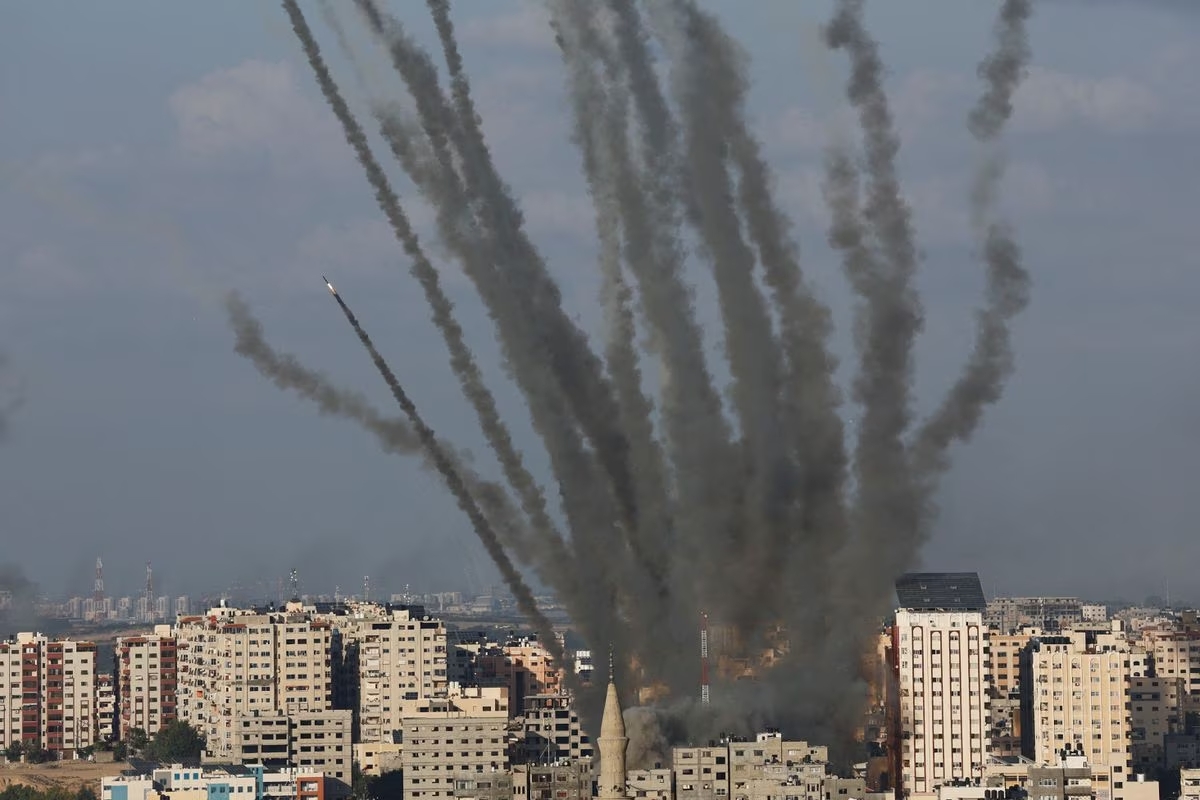On Saturday morning 07 October 2023, the Palestinian terrorist group Hamas launched an attack on civilian targets in Israel, resulting in the deaths of hundreds of civilians, and the capture of dozens of Israeli and foreign nationals currently being held hostage in the Gaza Strip. This is the worst attack on the Jewish community globally since World War II. Israel has subsequently been intensively shelling the Gaza Strip, home to more than two million Palestinian citizens, and massively mobilising its troops to Israel's southern border in preparation for a ground incursion.

The situation has been escalating in recent days, with the dissemination of atrocious videos showing the cruelty of the attacks, and with international positions being taken in defence of each of the parties. On the one hand, the Western bloc, led by the United States, the United Kingdom, France and Germany, unconditionally supports Israel, and on the other, a group of countries, mainly led by Iran, firmly supports Palestine. This situation has led many to wonder at what level this escalation might reach and how likely it is that we will enter a larger international conflict.
Boom Studiesaware of its social responsibility and role as advisor to the hundreds of students who travel each month to follow higher education or language courses in Malta, has been analysing the situation carefully and as of 10 October, communicates the following to the interested public:
- Malta is a neutral country. Its neutrality is enshrined in the Constitution. For this reason, it cannot constitutionally take sides in an international armed conflict. In this sense, Malta is also not a member of NATO (North Atlantic Treaty Organisation).
- While EU countries such as France, Germany and Italy have taken sides in favour of Israel, in reality they have done so aligned to a transatlantic axis, along with the United Kingdom and the United States. The European Union does not have a common defence policy, leaving countries free to manage their defence policies in a sovereign manner, especially if they do not belong to an Alliance, as in the case of Malta, which is outside NATO.
- Given Malta's majority Catholic population and the fact that Jewish and Muslim minorities are not representative of the local demographics, it is not expected that an escalation of the situation in Israel would immediately affect social peace in Malta.
- At the moment there is no cause for alarm for travel to Malta, nor is there any tangible element to foresee that any situation could affect the daily life of international students on the island.
- International students are advised to avoid any travel to Israel in the near future that is not strictly necessary, and until lasting peace agreements are reached. In fact, the Maltese airline Air Malta, which until last weekend operated the direct Malta - Tel Aviv route, has suspended its flights until further notice, as have several other international airlines.
Boom Studies hopes that the peoples of Israel and Palestine will be able to reach a solution that will ensure lasting peace, and that the deaths of innocent civilians on both sides will be avoided.
We would like to remind our students that if they have any questions or concerns regarding the planning of their study trips, please contact our advisors, who will be happy to help them in any way they can.
We also pledge to donate from today €10 to the International Red Cross for every 12-week course purchased during the month of October, to contribute to the much needed medical efforts in the area.
Best regards,
Joaquin Pinto Ferrand*.
* Political scientist and Master in International Relations / CEO of Boom Studies.
Notes that may interest you:








